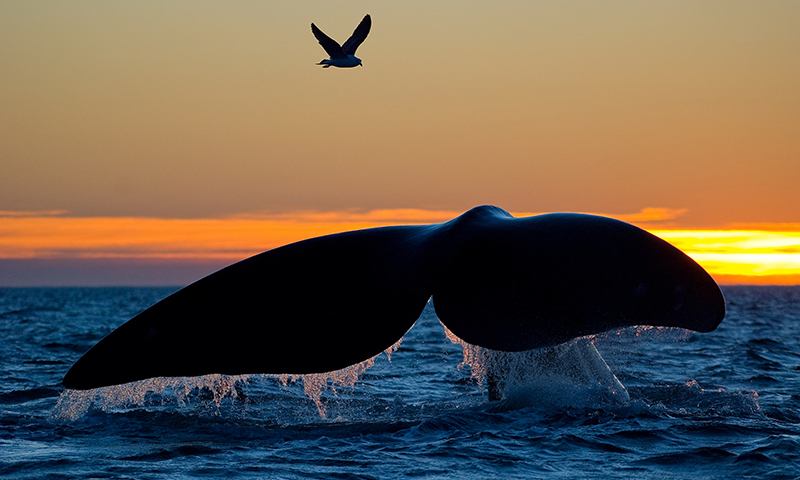Now Reading: First Intersex Southern Right Whale Discovered
-
01
First Intersex Southern Right Whale Discovered
First Intersex Southern Right Whale Discovered

Quick Summary
- Carla Crossman, a graduate student at Saint Mary’s University, discovered the first documented intersex southern right whale, named Eau10b, while analyzing past DNA samples collected from argentina’s Valdés Peninsula in 1989.
- Initial tests showed that Eau10b had two X chromosomes indicating it was female. however, further tests revealed the presence of a Y chromosome and the SRY gene typically linked to male traits. This combination confirmed Eau10b as intersex with an XXY chromosome configuration.
- Intersex individuals occur due to unusual gene combinations during cell division and are known across multiple animal species such as cows, whales, horses, fish, and invertebrates but remain rare overall.
- Scientists suggest intersex animals may play nonreproductive roles in social species like whales but acknowledge their genetic configurations challenge binary sex classifications historically used by researchers.
Indian Opinion Analysis
The revelation of an intersex southern right whale is meaningful for advancing scientific understanding of genetic diversity in nature. The findings question rigid definitions of sex imposed by conventional classifications while showcasing how nonbinary genetic characteristics exist across numerous species-whales included. For India’s science sector-which increasingly contributes to marine biology research and conservation-the discovery underlines the importance of expanding genomic studies within local marine biodiversity frameworks on similar fronts.
Moreover,this advancement reflects broader opportunities for cross-disciplinary work incorporating genetics into ecological monitoring systems aimed at endangered species preservation globally-such efforts being critical for India’s own projects involving dolphins or other cetaceans along its coastlines like Orissa or Gujarat ecosystems pushing forward novel demographic-balance-driven conservation insights helpful worldwide too adapt managing complexities future escalation environmental priorities ongoing.




























